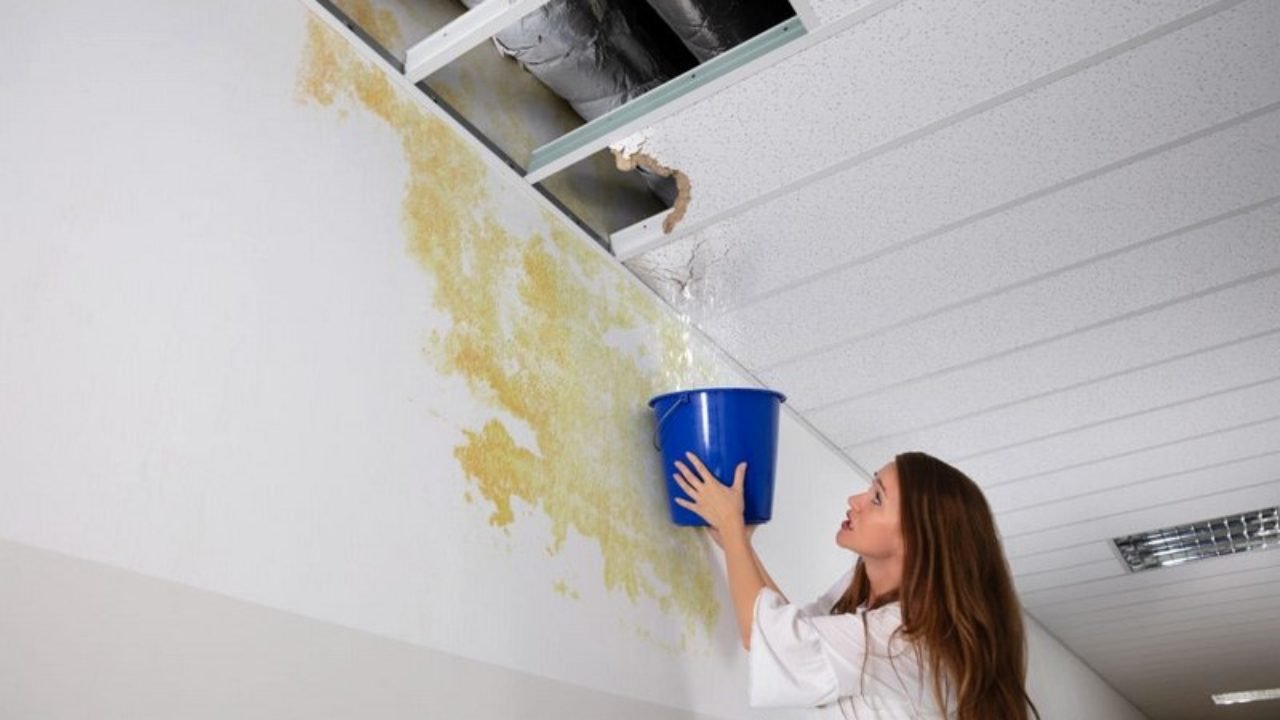What Causes Water Leaks? The Six Most Common Reasons in Homes
What Causes Water Leaks? The Six Most Common Reasons in Homes
Blog Article
The content listed below relating to How Fast Water Damage Can Ruin Your Home is immensely captivating. You should take a peek.

Leaks not only trigger waste of water yet can also create unnecessary damages to your house and promote undesirable organic growth. By looking and recognizing for day-to-day situations that create leakages, you can secure your residence from future leakages as well as unnecessary damage.
Immediate temperature changes.
Extreme temperature level modifications in our pipes can cause them to expand and also get suddenly. This growth and contraction may cause fractures in the pipes, specifically if the temperature level are below freezing. If you kept an eye on exactly how your plumbing works, it would be best. The existence of the previously discussed situations regularly shows a high risk.
Rusty water supply
As time passes by, your plumbing system ages and also corrosion such as corrosion may begin eating away the pipelines. This could be the source of staining or warping on your pipes. This requires an examination with your plumber right away. Consider replacing the pipelines because they are at a greater threat of corrosion than the more recent models if our plumbing system is old.
Malfunctioning Pipe Joints
The factor at which your pipelines attach is often the weakest web link in the waterline. Pipe joints can degrade over time, resulting in water leakages. Sadly, the majority of pipeline joints are not conveniently visible. If you have noisy pipelines that make ticking or banging noises, specifically when the warm water is switched on, your pipe joints are possibly under a great deal of pressure. It is recommended to have your plumber examine your system once a year.
Intruding origins
A lot of water leakages start outside your home instead of inside it. If you discover an unexpected reduction in water pressure, say in your tap, take time to head out and also examine your yard. You could notice wet patches or sinkholes in your yard, and that might suggest that tree origins are invading water lines triggering water to permeate out. You can have your plumber check for intrusion, particularly if you have trees or bushes near your residential property.
Poor Water Connectors
At times, a leak can be triggered by loosened pipes and also pipelines that supply your home appliances. Generally, moving is what creates the loose water Connections. You could locate when it comes to a washing device, a tube may spring a leakage as a result of shaking throughout the spin cycle. In case of a water links leakage, you might see water running straight from the supply line or pools around your devices.
Blocked Drains
Clogged drains might be bothersome as well as inconveniencing, yet they can in some cases end up causing an overflow causing rupture pipes. Keep getting rid of any products that might drop your drains that might clog them to avoid such hassles.
All the above are causes of leaks yet not all water leakages result from plumbing leakages; some leaks may originate from roof covering leakages. All leakages should be repaired right away to avoid water damages.
Leakages not only trigger waste of water however can also cause unnecessary damage to your house and also promote unwanted organic growth. By looking as well as understanding for everyday scenarios that trigger leakages, you can secure your house from future leakages and also unneeded damage. Today, we will look at 6 leak triggers that may be causing your pipes to trickle.
At times, a leak can be created by loosened tubes and also pipes that provide your appliances. In instance of a water connections leakage, you may discover water running directly from the supply line or pools around your devices.
How To Check For Water Leak In Your Home
How To Check for Leaks
The average household's leaks can account for nearly 10,000 gallons of water wasted every year and ten percent of homes have leaks that waste 90 gallons or more per day. Common types of leaks found in the home are worn toilet flappers, dripping faucets, and other leaking valves. These types of leaks are often easy to fix, requiring only a few tools and hardware that can pay for themselves in water savings. Fixing easily corrected household water leaks can save homeowners about 10 percent on their water bills.
To check for leaks in your home, you first need to determine whether you're wasting water and then identify the source of the leak. Here are some tips for finding leaks:
Take a look at your water usage during a colder month, such as January or February. If a family of four exceeds 12,000 gallons per month, there are serious leaks.
Check your water meter before and after a two-hour period when no water is being used. If the meter changes at all, you probably have a leak.
Identify toilet leaks by placing a drop of food coloring in the toilet tank. If any color shows up in the bowl after 10 minutes, you have a leak. (Be sure to flush immediately after the experiment to avoid staining the tank.)
Examine faucet gaskets and pipe fittings for any water on the outside of the pipe to check for surface leaks.
Undetected water leaks can happen without the home or business owner even realizing. If you suspect a water leak, but not able to find the source. It is time to contact a professional water leak detection service, The Leak Doctor.
How To Find a Water Leak In Your Home
https://www.leakdoctor.com/blog/How-To-Check-For-Water-Leak-In-Your-Home_AE197.html

I'm certainly very fascinated by Common Water Leaks In House and I am assuming you enjoyed the entire blog post. Those who enjoyed our post kindly remember to share it. Many thanks for your time. Come back soon.
Visit Url Report this page